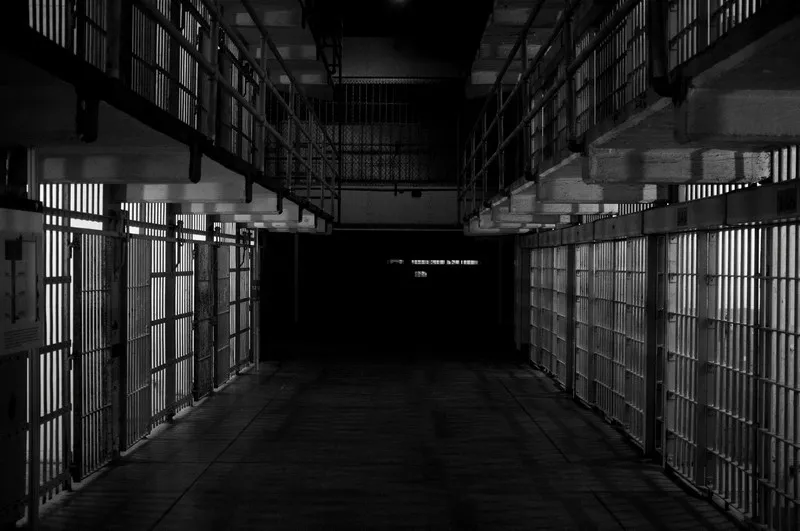Table of Contents
- What is Criminology?
- Key Concepts in Criminology
- Theories of Criminology
- Applications of Criminology
- Conclusion
Criminology, as an academic discipline, is dedicated to understanding the nature of crime, the motivations behind criminal behavior, and the mechanisms of societal response. As a branch of sociology, criminology examines the structural, cultural, and psychological aspects of crime, looking at why it occurs, who it affects, and how societies manage it. This article presents a foundational guide to criminology’s core concepts, prominent theories, and applications, making it an accessible resource for undergraduate sociology students.
What is Criminology?
Criminology extends beyond the act of crime itself, analyzing crime as a social phenomenon influenced by individual choices, environmental conditions, and institutional structures. Unlike forensic science, which examines the physical evidence of crime scenes, criminology takes a more holistic approach, studying the broader social context surrounding crime. Key questions criminologists ask include:
- What societal conditions increase crime rates?
- How does the criminal justice system shape social responses to crime?
- What role do social inequalities play in criminal behavior?
By focusing on the “why” of crime, criminology strives to offer insights that can aid in developing effective crime prevention strategies, promoting rehabilitative correctional approaches, and advancing an understanding of how society views deviance.
Key Concepts in Criminology
Several foundational concepts frame criminology’s approach to analyzing crime and deviance. These concepts allow students to understand the various factors that influence crime and the diverse responses societies develop to control it.
Crime and Deviance
While they are closely linked, crime and deviance are not the same in criminological study. Crime refers to acts that violate legal standards, whereas deviance encompasses actions that violate social norms but are not necessarily criminal. For instance, habitual lateness may be seen as deviant in certain cultural contexts but is rarely criminal. By exploring both, criminologists gain insights into social norms, values, and the limits of acceptable behavior.
Deviance is important to study because it often challenges the boundaries of what is socially accepted, revealing the dynamic nature of norms and values in a society. Criminologists study deviance not just to understand crime but to explore how social expectations and reactions shape individual behavior.
Social Control
Social control refers to the methods societies use to enforce conformity to social norms. Criminology examines both formal controls, like laws and policing, and informal controls, such as social pressures and family expectations. Social control helps explain how society attempts to manage deviance, highlighting the role of institutions, communities, and families in discouraging behavior that could disrupt social order.
Criminologists often study how different societies employ various social control mechanisms and the effectiveness of these approaches. For example, some cultures rely heavily on communal pressure to enforce norms, while others prioritize legal sanctions.
Criminalization
Criminalization is the process by which specific behaviors are defined as crimes, often reflecting broader social, political, and moral beliefs. Criminologists explore how criminalization evolves over time and varies across cultures. For example, certain behaviors, like substance use or gambling, are criminalized in some societies but permitted in others. Criminalization reflects the power dynamics within society, as dominant groups often influence what is considered criminal.
Understanding criminalization also allows criminologists to examine how shifts in political or economic power can lead to changes in laws. For instance, movements advocating for the decriminalization of certain drug use often highlight the racial and economic biases underlying criminalization practices.
Victimology
Victimology is a subfield that examines the experiences and consequences of victimization. Victimology looks at who is most likely to become a victim, the impact of crime on individuals and communities, and how the criminal justice system responds to victims. By understanding patterns of victimization, criminologists can develop policies and support systems that address the needs of victims and reduce the likelihood of repeat victimization.
Victimology also explores societal attitudes toward victims, including the stigmatization that victims sometimes face. By studying these issues, victimologists aim to promote greater empathy and understanding toward individuals affected by crime.
Theories of Criminology
Criminological theories offer frameworks to explain the motivations and conditions that lead to criminal behavior. Theories in criminology are diverse, reflecting different schools of thought on why crime occurs and how society should respond. Here are several influential criminological theories.
Classical Criminology
Classical criminology emerged in the 18th century through the work of thinkers such as Cesare Beccaria and Jeremy Bentham. They argued that individuals act out of free will and make rational decisions to commit crimes after weighing potential benefits against possible punishments. This perspective led to the notion of deterrence, suggesting that swift, certain, and proportionate punishment can prevent crime.
Key Principles of Classical Criminology:
- Crime is a result of rational choice.
- Punishments should be clear, proportionate, and publicized to deter crime.
- Justice systems should ensure equal treatment and consistent consequences.
This theory continues to influence contemporary criminal justice systems, particularly in policies focused on deterrence, such as mandatory sentencing and “three-strikes” laws.
Positivist Criminology
Positivist criminology, developed in the 19th century by Cesare Lombroso and others, suggests that criminal behavior is shaped by biological, psychological, and social factors beyond an individual’s control. This approach introduced scientific methods to criminology, advocating that crime should be studied through empirical observation.
Biological and Psychological Theories
Within positivist criminology, biological theories look at genetics, brain chemistry, and other physiological factors that might predispose individuals to criminal behavior. Psychological theories examine personality traits, mental health issues, and cognitive development. For instance, some studies suggest that individuals with certain personality disorders may be more likely to engage in criminal activity, although these theories remain controversial.
Modern criminology takes a more nuanced view, acknowledging that while biology and psychology may contribute to criminal tendencies, they rarely act in isolation from social and environmental factors.
Social Structure Theories
Get the full article AD FREE. Join now for full access to all premium articles.
View Plans & Subscribe Already a member? Log in.





